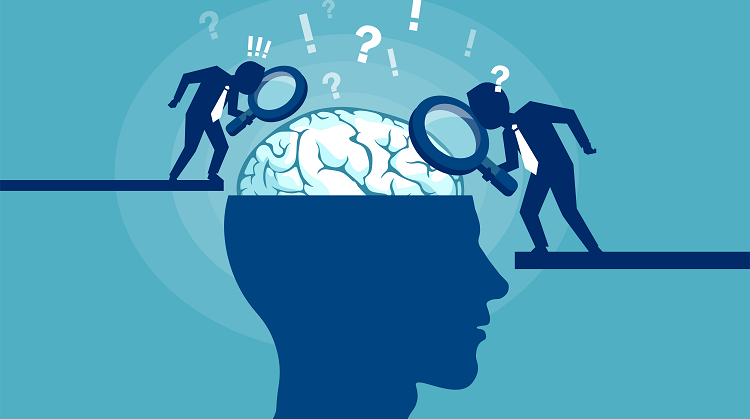Neuroscience in Society
Neuroscience has a profound ability to alter society, but who makes sure it changes society for the better?
Some pages on this website provide links that require Adobe Reader to view.
Copyright © Society for Neuroscience

